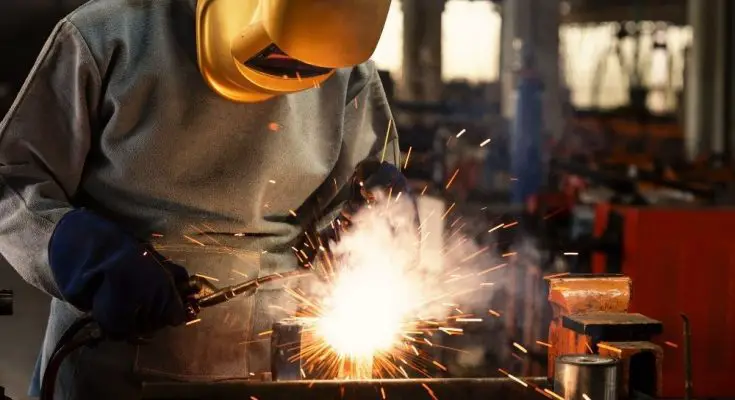Welding is a lucrative, challenging, yet often fulfilling career for laborers. However, many people struggle to pinpoint the essential aspects of welding. You learn a lot at the start of your career, leading to some rookie mistakes. Thus, brush up on five things all beginning welders should know so that your welding skills will flourish.
Safety First
Maintaining proper safety measures is the most important thing to consider when welding. Due to the dangerous nature of welding, you need to make sure you have a sturdy and fully certified helmet for welding. Next, make sure you have the proper heat-resistant gloves and jacket. Lastly, take care when handling your melding equipment to ensure the highest level of safety.
Materials Matter
Choose materials of the right quality. While it’s common to choose aluminum, other materials can carry better results. Consider the pros and cons of aluminum, stainless steel, and mild steel, and make sure the materials you use are correct for your welding projects.
Process Makes Perfect
The process you use to weld can make or break your welding project. The most prevalent techniques are orbital welding, manual welding, wire welding, stick welding, and TIG welding. The differences between orbital and manual welding are drastically different, so knowing how to take on each method is vital.
Stick welding is often the most popular and the best to start with. However, once you have a good grip on your skill set, branch out and find the best process for you. Make sure your process delivers the result that you’re hoping for.
Consider Your Consumables
Consumables are the bread and butter of welding. The key is conductivity. These consumables include nozzles, diffusers, contact tips, and collet bodies. Keep this in mind as you begin your welding career.
Verify Your Voltage
There are two primary types of voltage you will use with welding. These are 110v or 230v. They are both readily available; you just have to pick the best one. Thinner materials cater to the 110v side, while 230v works well with the thicker materials you’ll use. You can also use a dual-voltage machine for the best of both worlds.
Now that you know the five things all beginning welders should know, are you ready to take on a new career?



